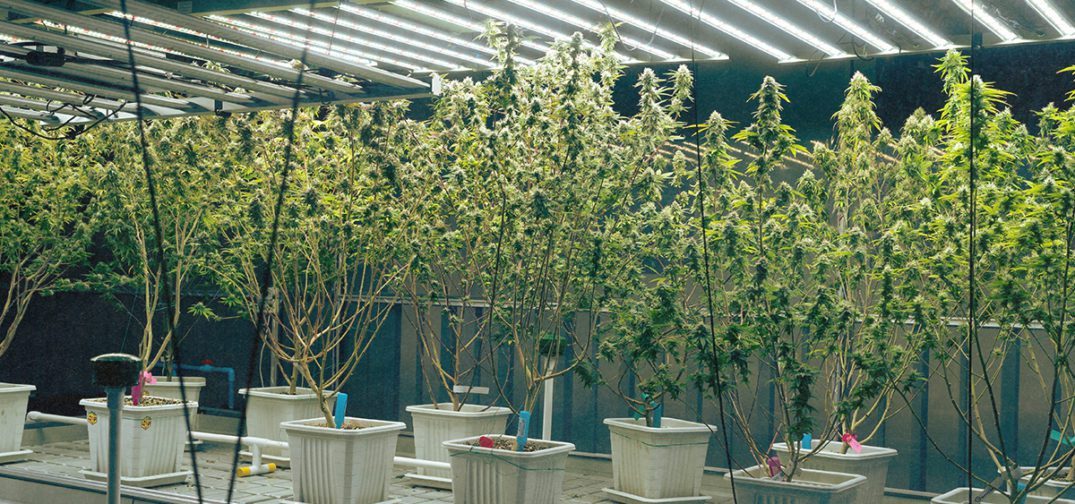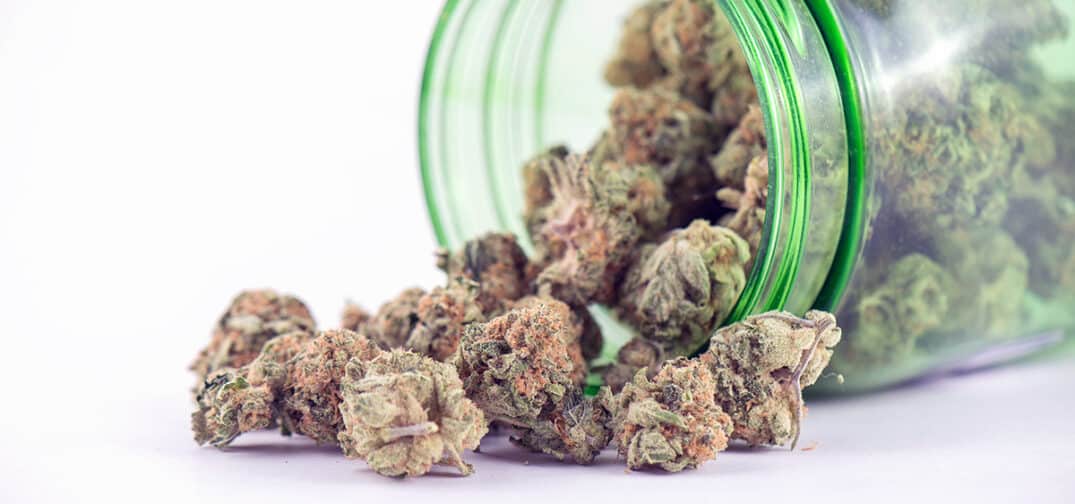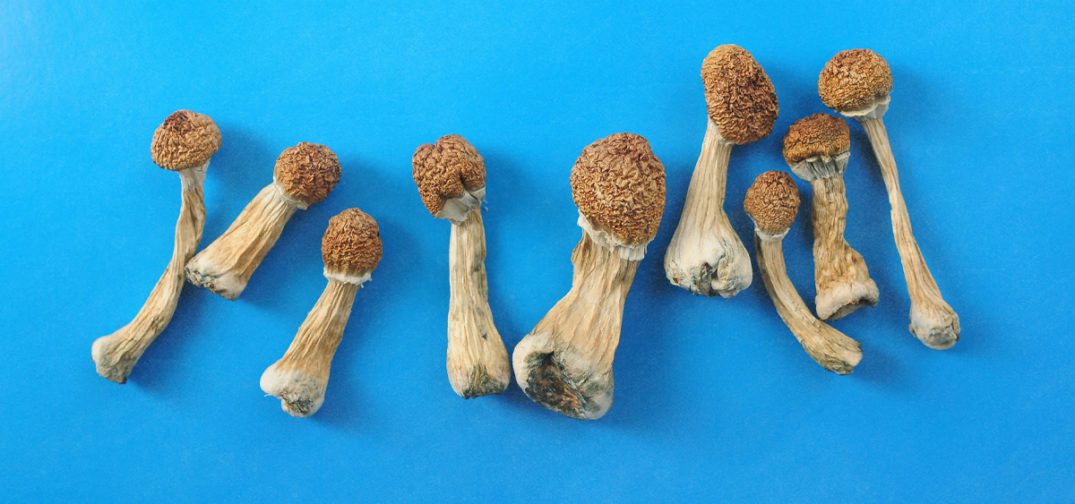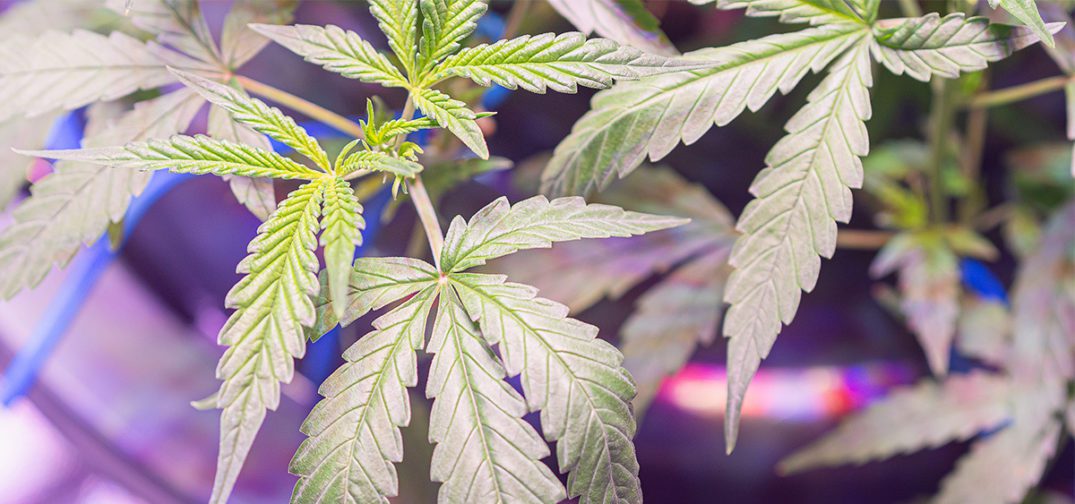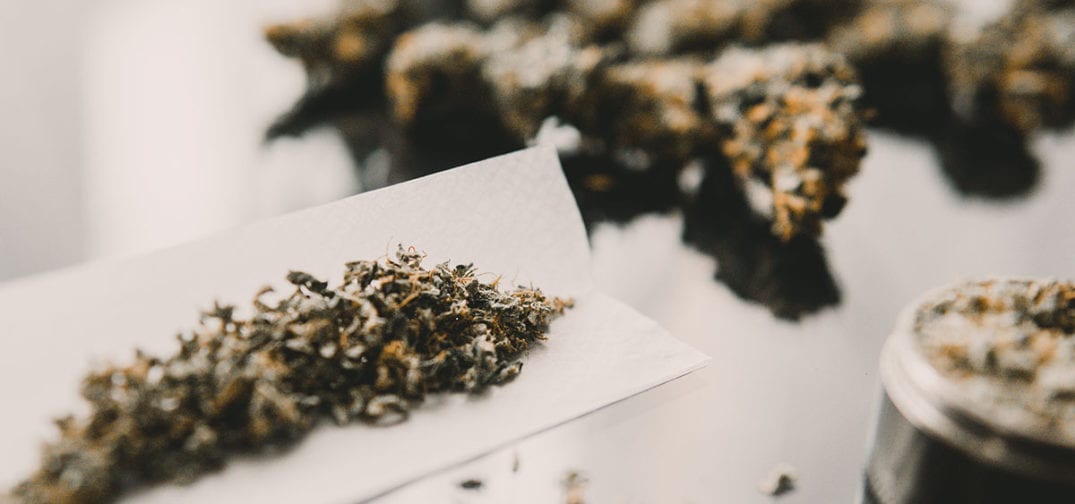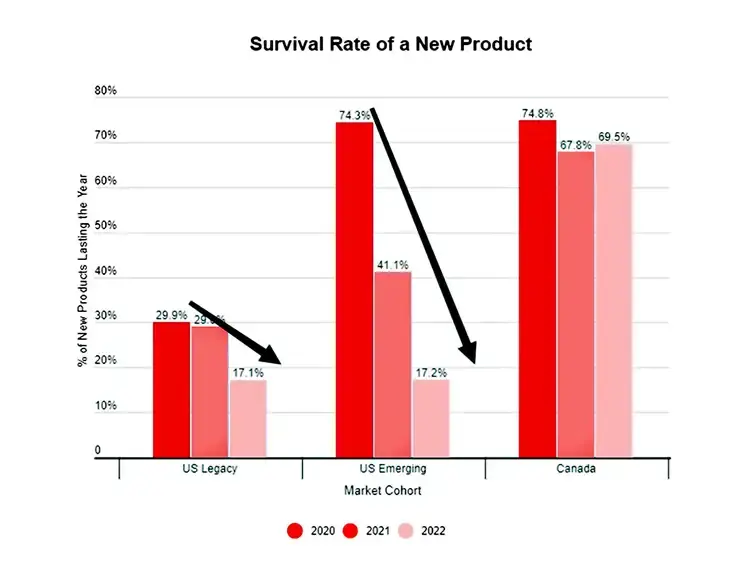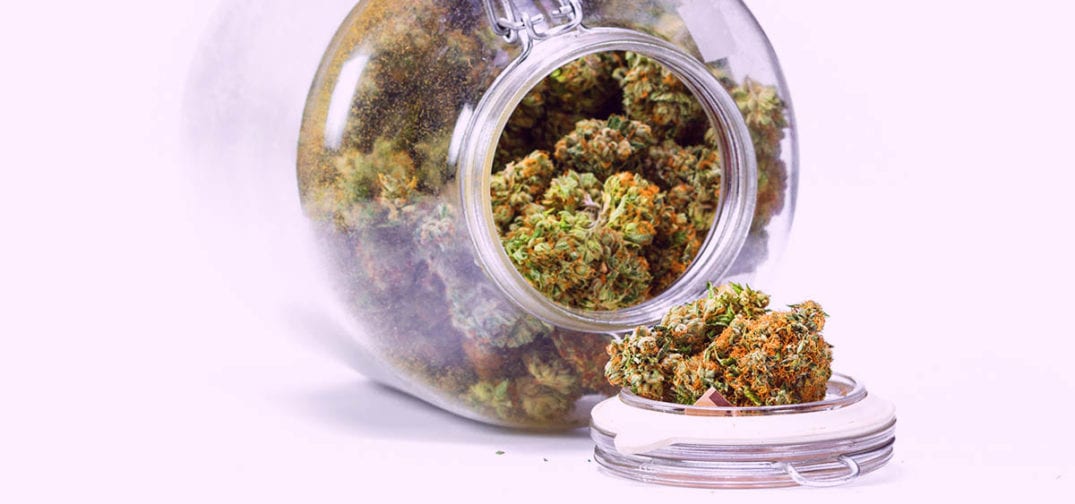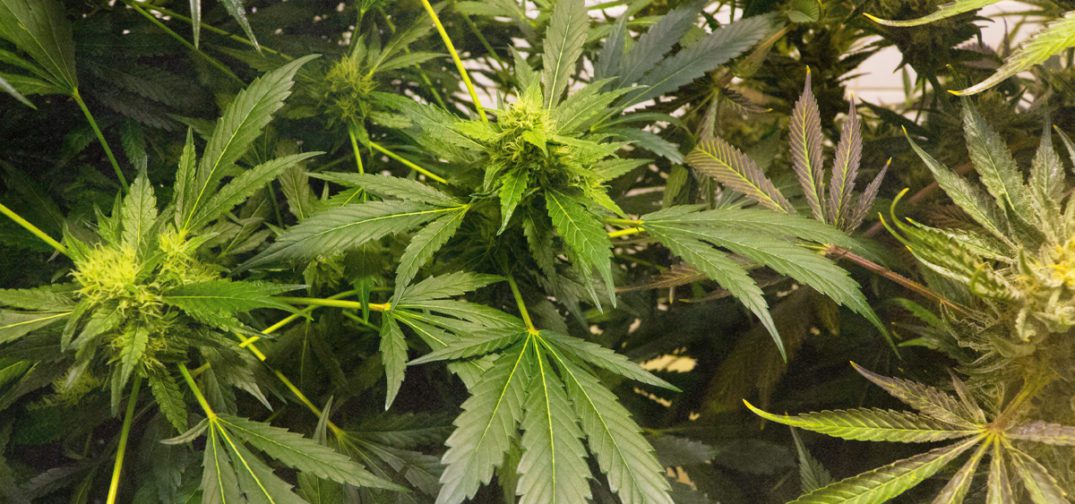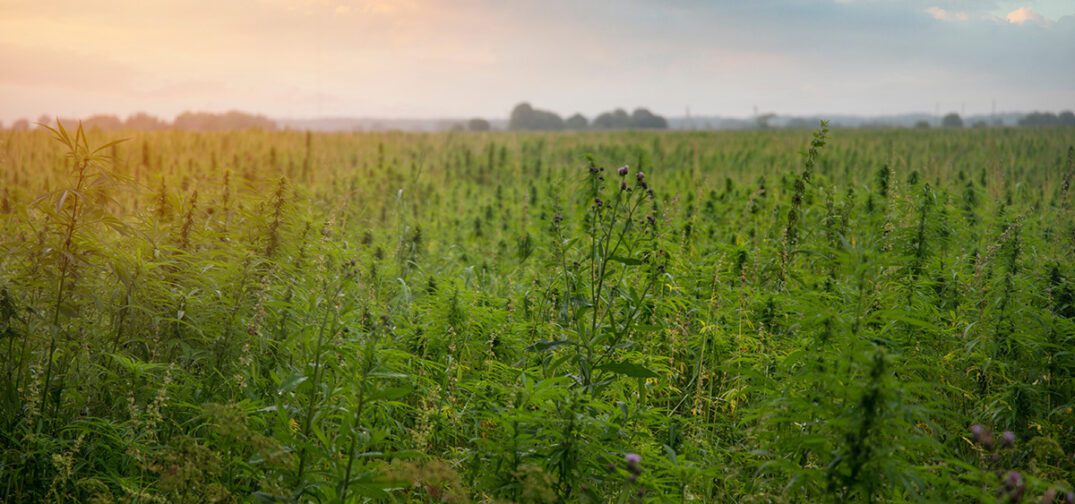The Michigan Court of Appeals earlier this month ruled that illegal cannabis grows of any size are misdemeanor crimes under the state’s voter-approved adult-use cannabis laws, MLive reports. Under the ruling, defendants convicted since 2018 under the now outdated 1978 may have the grounds to fight those convictions, according to the report.
More than 3,500 people have been charged since 2018 under the previous law, with 1,072 convicted. Under the 1978 law, people convicted for growing cannabis illegally can face up to 15 years in prison for possessing more than 99 pounds of cannabis or 200 plants. Under the 2018 statute, those crimes are considered misdemeanors, punishable by up to 93 days in jail.
The decision stems from an August 2020 raid in Tuscola County, during which officers uncovered 1,156 cannabis plants on the property of Shaaln Kejbou, the report says. Tuscola County prosecutors charged Kejbou with two felonies under the 1978 law and based on those felony charges, prosecutors also charged Kejbou with possessing a firearm during the commission of a felony. A Tuscola County Circuit judge dismissed the cannabis and firearm crimes, ruling the old cannabis plant-count laws are obsolete, which the Tuscola County Prosecutor’s Office appealed.
In the joint Court of Appeals opinion, judges Michelle M. Rick and Kirsten Frank Kelly concluded that the 2018 law was enacted to “prevent situations” like Kejbou’s, namely “a felony conviction for an unlicensed marijuana grow operation.”
“We acknowledge this outcome may be viewed unjust by those businesses that legitimately operate within the parameters of the (law),” the judges wrote. “The remedy, however, lies within the sole responsibility of the Legislature.”
Because the law was approved by voters, any changes require a three-fourths supermajority.
Robin Schneider, who helped write the legalization law and now leads the Michigan Cannabis Industry Association, told MLive that she hasn’t heard any of the organization’s members complain about the decision and that “the law is working exactly as intended.”
“I think all of our members share the belief that they don’t want to see anyone incarcerated for a cannabis crime,” she said.
State police spokeswoman Shanon Banner told MLive that the court ruling won’t impact state police Tobacco and Marijuana Section operations.
“We have reviewed the ruling and because it deals with the level of the penalty and doesn’t change what is legal or illegal under the law, we don’t expect it will have a major impact on our enforcement operations,” she said.
End
